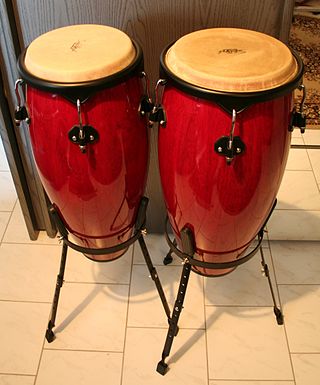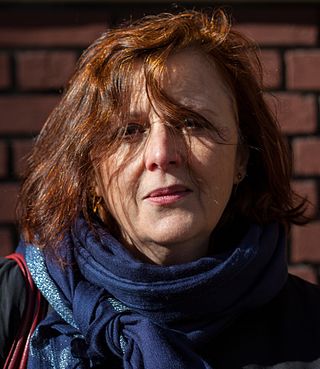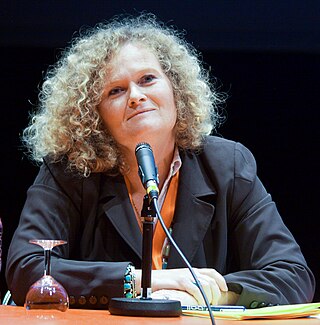
Salsa music is a style of Latin American music, combining elements of Cuban, Puerto Rican, and American influences. Because most of the basic musical components predate the labeling of salsa, there have been many controversies regarding its origin. Most songs considered as salsa are primarily based on son montuno and son cubano, with elements of guaracha, cha-cha-chá, danzón, descarga, bolero, guajira, rumba, mambo, jazz, funk, R&B, rock, bomba, and plena. All of these elements are adapted to fit the basic Son montuno template when performed within the context of salsa.
Latin jazz is a genre of jazz with Latin American rhythms. The two main categories are Afro-Cuban jazz, rhythmically based on Cuban popular dance music, with a rhythm section employing ostinato patterns or a clave, and Afro-Brazilian jazz, which includes samba and bossa nova.
Afro-Caribbean music is a broad term for music styles originating in the Caribbean from the African diaspora. These types of music usually have West African/Central African influence because of the presence and history of African people and their descendants living in the Caribbean, as a result of the trans-Atlantic slave trade. These distinctive musical art forms came about from the cultural mingling of African, Indigenous, and European inhabitants. Characteristically, Afro-Caribbean music incorporates components, instruments and influences from a variety of African cultures, as well as Indigenous and European cultures.

Michel Tabachnik is a Swiss conductor and composer with an international career. A promoter of contemporary music, he has premiered a dozen works by Iannis Xenakis, among others. He is also the author of essays on music and novels. In 1995, he was implicated in the case of the cult the Order of the Solar Temple, from which he was acquitted by the courts.
The Prix Dentan is a Swiss literary award created in 1984 and named for Professor Michel Dentan.
Cookie Allez is a French novelist.
The prix Contrepoint is a French literary award established in 1971 by a group of young French novelists and journalists. Each year a French-speaking novelist is selected.

Mercedes Deambrosis is a Spanish writer who writes in French; she arrived in France at the age of 12. Many of her novels are set in Spain.
Roger Rabiniaux was a French writer and poet.

Joël Egloff is a contemporary French writer and screenwriter.
Marcel Frémiot was a French composer and musicologist.
Makis Solomos is a Franco-Greek musicologist who specializes in contemporary music, particularly the work of Iannis Xenakis. He is also one of the specialists of Adorno's thought. His work focuses on the issue of sound ecology and decay. He has published articles and books and participates in meetings and symposia. In 2005, he participated in the creation of the magazine "Filigranes", which aimed to broaden the field of musicology.
Christian Merlin is a French contemporary music critic and musicologist.
Dominique Jameux was a French musicologist, radio producer and writer.

Brigitte François-Sappey is a French musicologist, educator, radio producer, and lecturer.
Bernard Georges-Marie Gavoty was a 20th-century French organist, musicologist, music critic and talk show host.
Danielle Cohen-Levinas is a French philosopher, musicologist, and a specialist of Jewish philosophy.
Alain Lompech is a French journalist, music critic, writer and radio producer.
Jean Roy was a French music critic and musicologist, born in Paris.

Sylvie Brunel is a French economist and geographer, best known for her work for Action Against Hunger from 1989 to 2002, and her various publications in Que sais-je?. She was awarded the Legion of Honour in 2002.








